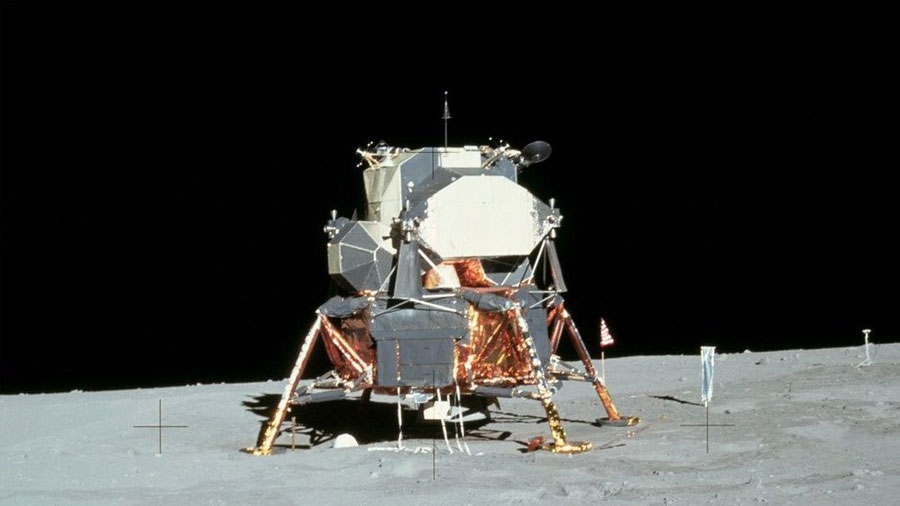
Tranquility and Dissertations
On July 20, 1969 at 20:17:40 UTC, Buzz Aldrin and Neil Armstrong successfully set down their lunar module on the Sea of Tranquility. Immortalized with the famous words, “Houston, Tranquility Base, here. The Eagle has landed.” This was the culmination of years of work involving multiple skill sets, all focused on a common goal. Sound familiar?
On May 25th, 1961, John F. Kennedy challenged the country with a Big Hairy Audacious Goal (BHAG):
“I believe that this nation should commit itself to achieving the goal before this decade is out of landing a man on the moon and returning him safely to the earth.”
At the time, NASA was woefully behind the U.S.S.R.’s space program. The Soviets had launched the first satellite, launched and returned the first animal, launched and returned the first human, and completed the first orbit around the Earth.
In contrast, NASA had just completed its first manned, suborbital filght a few weeks before Kennedy issued his famous challenge.
How in the world (or or out of it) could NASA hope to catch up to and surpass the Soviets in such a dramatic way? After all, Kennedy issued his decree publicly, to the nation and the world. The Soviets heard it just like everyone else. And, they knew that if they got there first, we may very well quit and never go ourselves.
So, how did NASA do it? — A clear goal, deadlines, and concerted effort over time.
In his book, The 7 Habits of Highly Effective People, Dr. Stephen Covey identified seven habits shared by people who are particularly adept at achieving their goals. Habit #2 is “Begin with the end in mind.”
This idea of not just setting a goal, but also having a clear picture in mind of what accomplishing that goal will entail was vital for NASA and it’s vital for you as a doctoral student starting out on your dissertation journey.
“So, what end should I have in mind?” — I like to exploit this habit in two ways:
First, you can think of all of the things that you’ll be able to do when you graduate. Relax, spend time with your family and friends, get your life back! Get a promotion at work, teach, consult, write, make a bigger impact, change the world! These ends are motivational. They help you to undersatnd why you want to complete your dissertation. But, what about how?
The second way to exploit Habit #2 is by considering what you will have to do to complete your dissertation. Namely, how are you going to go about collecting and analyzing your data?
You should carefully plan all elements of the data collection and analysis phases of your project, first. Think of it this way, throughout your academic career you have always been responsible for finding the answers. With your dissertation, for the first time, you are responsible for not only the answer, but the question, too. Don’t you think you should make real darned sure that you can answer the question before you commit to asking it?
Not only does this type of planning ensure feasibility, it also becomes the guiding principle for the development of your proposal. What should I include in my lit review? What does my problem statement look like? How do I position my study? The answers are all right there in your plan!
Earlier, I touched on the concept of Big Hairy Audacious Goals, an idea popularized by Jim Collins and Dr. Jerry Porras in their book Built to Last. One of the benefits of BHAGs is that they inspire. They inspire action from the people responsible for accomplishing the goal. But, they aslo inspire the imagination and confidence of everyone for years to come…
“If they can put a man on the moon, surely I can finish by dissertation!”
So, today, take a few minutes to consider all of the amazing accomplishments of people throughout history. Things that seemed absolutely impossible before someone did it: Harnessing fire, inventing the wheel, writing, sailing ships across the sea, erecting buildings that touch the sky, large-scale war, and then peace…writing a dissertation!
The people who did these things were just people. They ate food, breathed air, and had to use the bathroom! If they could put a man on the moon, you can get your dissertation done!
